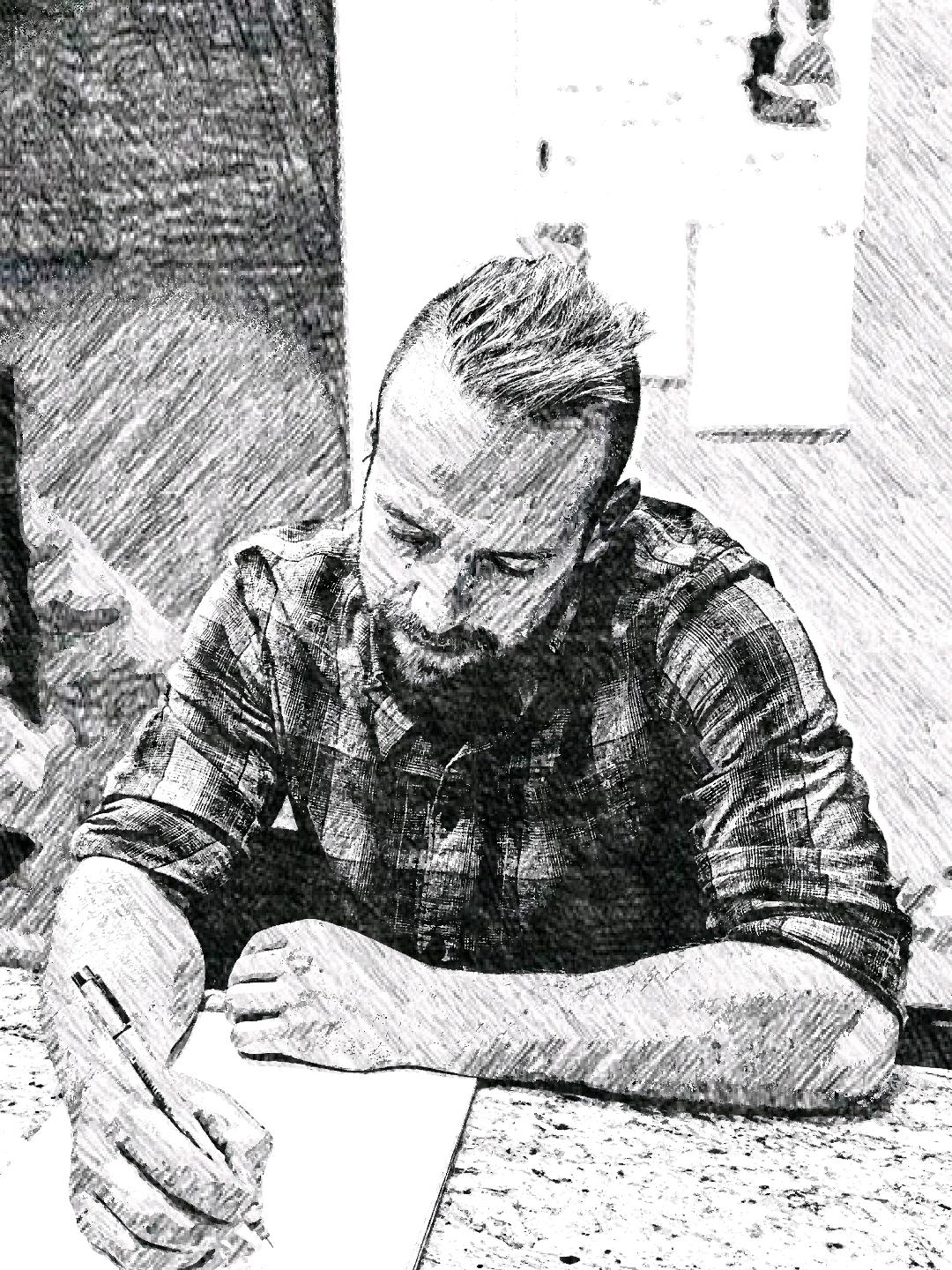
While I was in inpatient treatment for my drug addiction at St. Joseph’s Institute, there was one aspect of the recovery program that I gained more from than just about any other.
The most beneficial impact for me was when the staff would bring in outside speakers to tell their stories of addiction and recovery.
It’s not like I hadn’t heard incredible stories of recovery before, but it’s much different when you’re in the thick of facing your own demons, and when the narratives are coming from these otherwise “normal” people. I was left in awe by so many of their stories, and seeing the strength they now had in recovery after learning how broken they had become.
People in active addiction experience the worst parts of the world—make no mistake about that. And to hear how these individuals were able to come back from the brink, survive, and truly thrive was more than inspiring to me—they gave me hope. I needed to hear their stories to know that I could do it too, and I am so thankful that I got the chance.
This brings me to sharing something else that has helped me tremendously during my time at St. Joes, especially in the months after leaving inpatient—an often turbulent period. I doubt it will come as a surprise that writing has been one of the cornerstones of my recovery.
The responses I have received from some of the pieces I’ve written have been absolutely amazing. (*links shared at the end of this article.) To realize that something I said actually helped someone else has felt like a dream. And please, do not think for one second that I’m pulling some sort of altruistic play here: I began writing for my own benefit, but realizing that my words can help others as well has given my recovery more power and meaning.
Writing about my experiences is the best way that I have found to get over them. It’s the ultimate cathartic outlet. Now that everybody who cares to know does know about all of the rotten sh*t that I’ve done over the years, I feel better than I could have imagined.
The first reason is that it’s off my chest. Fessing up and taking accountability for my past has set me free of it. The second reason is that this has been a great way to find the people in my life who are actually real supports. The people who know where I have been and continue to stick around are the ones who belong next to me. The rest of them don’t. My past is, well, the past. But it is still a part of my history. And if you can’t handle it, then you will never fully accept me for me.
I would encourage anyone who is in active addiction/recovery to do the same.
I started by keeping a journal while I was still actively using. That is something that turned out to be surprisingly helpful to me even, perhaps especially, months into my sobriety (more on that in a minute). I believe ‘most anyone would benefit from journaling in that situation. Active addiction is miserable most of the time, and having a space to express yourself in some concrete way is invaluable. And once we do get sober, looking back on our state of mind while using can be a humbling reminder of just how clouded our perspectives can become.
Last week, I took a look back at my old journal entries from December 2019 for the first time. To be honest, the experience left me a bit shaken. It’s like a window into my own little personal mental prison. Just the darkest of dark and those are things that will never see the light of day in any form of publication. But they are things that I needed to be reminded of.
I need to remember all of those horrible feelings so that I can never convince myself that they didn’t happen, or hide from the torture that came as a direct result of using again. Remembering the very worst helps me to block the romanticized versions of memories in relation to drugs. This is one way to combat “euphoric recall” and this is important.
Once we do get clean, I think it to be essential for us to share with others. Not just how we did it, but where we came from—which is one of the reasons why I moved to publish a few things. Even if you never do, and only share your stories with a select few, I promise you that someone out there can benefit from something you have to say. We are all still learning, and any transfer of wisdom onto someone else is one more step toward a better life for everyone.
Is there the potential that something we write will get us sh*t on instead of receiving praise? Of course, there is. But then again, that comes with publishing just about anything, doesn’t it? And hey, if you’re writing about your experiences with addiction, you’ve been through far worse than reading an ignorant response.
I personally have only had positive responses (thus far). Make no mistake, it is hard to put ourselves out there in such a personal way. I’d be lying if I said anything other than I was sh*tting my pants the first time I shared any of my writing. But it gets easier the more you do it. I know other people in recovery who have shared their writing, and they have had similar, positive experiences to myself. Of course, maybe we are all anomalies, but I find that hard to believe. People care about what we have to say.
And please do remember, I am not an expert in any kind of qualified position to be telling you what to do, therefore, I am not telling you what to do. I’m just a guy who has found some things to be working for me in my recovery, and I want to share them. Take or leave my advice, it’s up to you. But the way that I look at it, if even one person gains any kind of shred of comfort from something that I have said, it’s already a win. I’ll take that win any day of the week.
~
These are some of the articles that have helped me in my journey toward recovery and helped me help others in small and big ways, hopefully.
Relapse is Not the End Unless You Let it Be.
How I turned Relapse into Redemption.
~
If so inspired, check out Elephant Academy’s writing course: Write your Heart Out and more here.
 Share on bsky
Share on bsky


Read 14 comments and reply